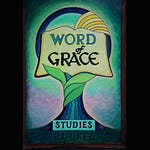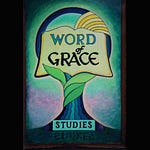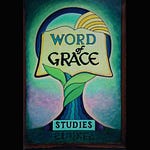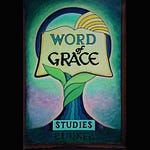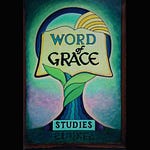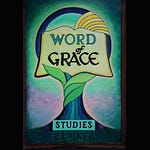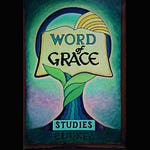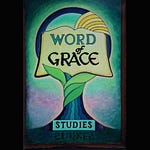The author of the letter is James, the half-brother of Jesus (Matthew 13:55; Galatians 1:19). He was saved after the resurrected Christ appeared to him (1 Corinthians 15:7). While he was with them, Jesus’ brothers did not believe He was the Messiah (John 7:3–5).
James served as an apostle of the assembly in Jerusalem (Galatians 1:19). James the son of Zebedee was killed by Herod (Acts 12:2). It was the custom of the assembly in Jerusalem to replace apostles, also known as The Twelve (Acts 1:24–26; 14:14). These were not the twelve apostles of the Lamb, but leadership roles in the assembly in Jerusalem (1 Corinthians 15:5–9; Revelation 21:14).
He was regarded as a pillar of the Jerusalem assembly (Galatians 2:9) and was a strict observer of the Mosaic Law (Acts 21:20). The letter was written in A.D. 46 from Jerusalem, before the Acts 15 council (Galatians 2:1–10), which was held around A.D. 49. It was also written before Paul’s first missionary journey in A.D. 46–47 and a few years after Paul began teaching in Antioch, approximately A.D. 43–44 (Acts 11:25–26). Paul’s experience on the Damascus Road occurred around A.D. 34–35, just over a year after the resurrection of Christ and after the gospel went out to the Gentiles (Acts 10:44).
The Epistle of James is the earliest of the New Testament books to be written. It was addressed to the scattered Hebrew Christians (James 1:1), specifically to the Twelve Tribes who were scattered abroad (James 1:1). The introduction is used by some to imply that James was only writing to the Jews; however, Israel was not scattered at this time. Those who were scattered were believers in the resurrection of Christ, who had been driven from Jerusalem due to the persecution started by Saul (Acts 8:3).
At this time, the Church was primarily composed of Jews, and James was writing to Hebrew Christians, not to the entire nation of Israel. The letter was written during the early period of the Church, before Paul’s writings were widely available. The Epistle of James primarily focuses on application rather than doctrine. James was aware of the teachings of Paul, especially concerning the law of liberty. Although the recipients came out of Judaism, James was addressing Christians; therefore, the book of James is applicable to the Church.
Facing Trials and the Approval of Faith – James 1:2–4
James instructs believers to consider it a joyful thing when they fall into various temptations (James 1:2). The term “consider” relates to leading that manifests itself in a sense of consideration or evaluation. Paul considered all things that were gain to him as loss through Christ (Philippians 3:7). We are also instructed to remember those who lead us, paying attention to the outcome of their conduct (Hebrews 13:7).
Joy is contentment in any situation. It is an aspect of the fruit produced by the Holy Spirit (Galatians 5:22). A grace believer must be spiritual to bear this fruit (Ephesians 5:18).
Temptation is a solicitation to do wrong. It is a test intended to expose failure. Such solicitations do not come from God (James 1:13). No one is tempted in a manner that is not common to all men (1 Corinthians 10:13). With every temptation, God provides a way of escape (1 Corinthians 10:13).



